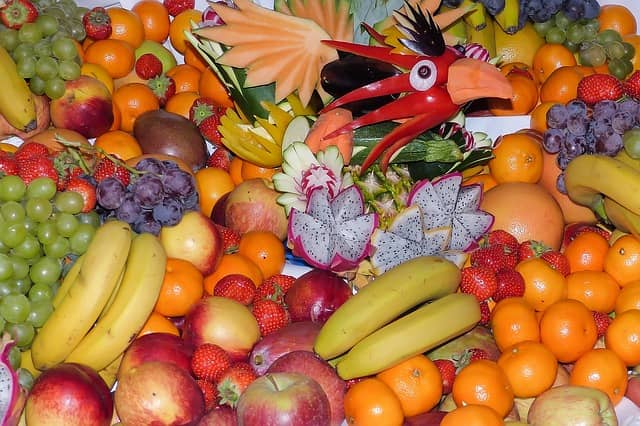What Are Hybrid Foods?
Hybrid foods are a mixture of different food products that you have merged and grown together. To be more specific, a hybrid food product is the crossing of two different species of plants or animals. This can result in a new plant or an animal with superior properties that you do not commonly find in the original forms.
The Logic Behind Hybrid Foods
The science behind hybrid foods has to do with plant genetics. It’s all about producing better yields for the farmers and a means to continue their production if certain natural calamities struck their fields. These crops are also resistant to certain diseases and pests and so, the hope is that their yields will increase. Many scientists have found that hybrid foods are the best way to offer better yields to farmers. This means that the farmers need not invest a lot of time, money, and energy on regular crops.
The following are some of the most popular hybrid food options.
Hybrid Plants And Fruits
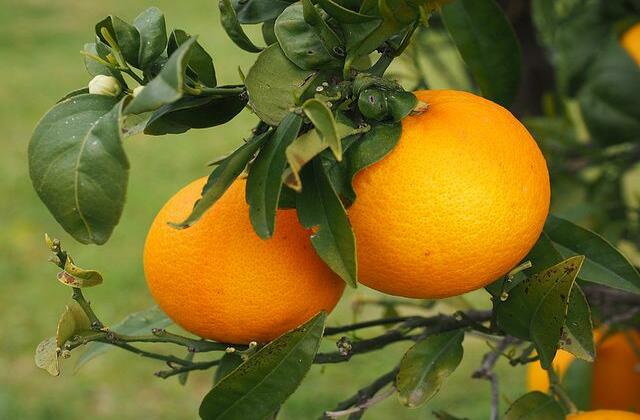
Hybrid plants and fruits appear in nature when two different species crossbreed naturally or through human interference. You create hybrids to combine the best attributes of the parents. For example, a small bitter orange tree grown to make a marmalade may be crossed with a large sweet orange tree grown for juice. The resulting hybrid fruit will be larger and sweeter than the original bitter orange tree and will be able to grow in colder climates where its parent species can’t survive.
The History Of Hybridization
Hybridism is a natural process that’s been going on since plants began reproducing over 400 million years ago. In fact, most of the agricultural food and fruit crops are likely to have originated in this manner. It wasn’t until the mid-19th century that man-made hybridization became possible, further widening the gene pool for new plant varieties.
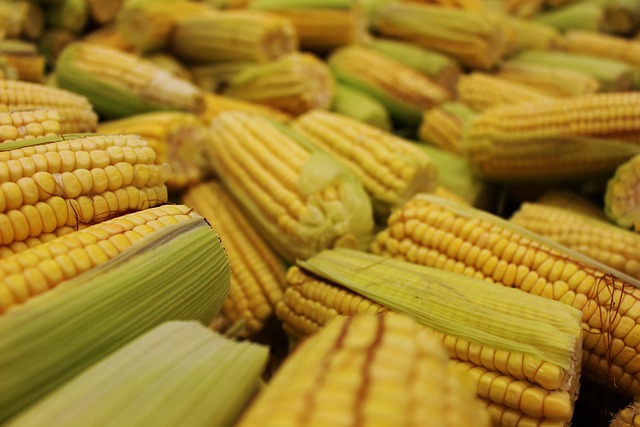
The process of hybridization has been in use since ancient times. In fact, this is the oldest form of cross-pollination. Maintaining and preserving the species diversity was of prime importance to our ancestors, so they used this method in their farmlands. Today, it is done with scientific precision.
Are Hybrid Foods Bad For You?
Legends stating that hybrid fruits and vegetables are not safe to eat are not true. We think that hybrid foods and plants are not like natural plants. So, they are bad for our health but they are not. The idea that hybrid foods are harmful to the human body is just a myth, not a reality. Eighty years ago, people had doubts about the health safety of another product – milk. Today, we know that milk is actually good for us as it contains calcium and proteins. So, there’s no reason to doubt the health risks of hybrid foods.
The List Of Hybrid Foods
The following is a list of hybrid foods that will give you a variety of new flavors, while also making you healthier in the process. It might be worth noting that some of these foods are naturally occurring and others are a result of man made experimentation. There are even some pretty strange ones in here!
- Seedless fruits, e.g. seedless apples, seedless citrus fruits, seedless watermelon, grapes, cherry, apricots, peaches, strawberries, tango, ugly, etc.
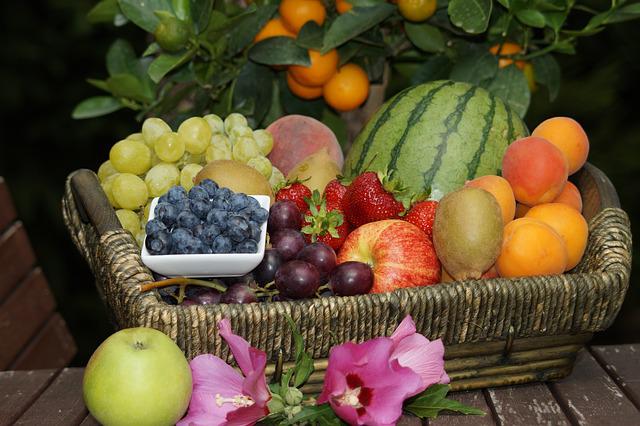
- Hybrid vegetables include potatoes, carrots, broccoli, cauliflower, cabbage, kale, etc.
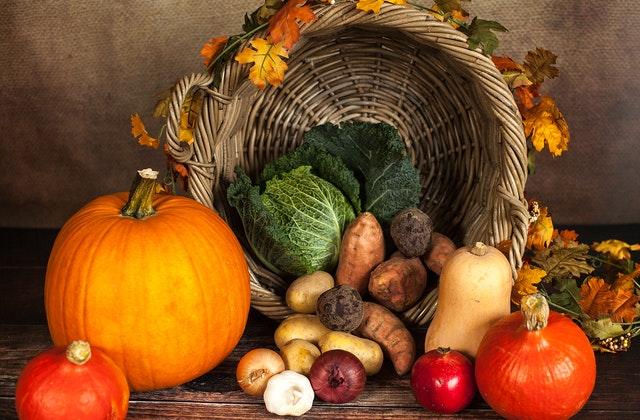
Pros And Cons Of Hybrid Foods
Just as scientists have created new hybrids for agriculture purposes, they’ve also created hybrids for the purpose of improving our health. They taste better and they look better. For example, think of a typical ear of corn. They don’t look very appetizing when dry because they are usually withered and faded in color. With hybridized corn, you can get kernels that are deep yellow or red in color. The taste is also superior. Hybrid plants taste sweeter and have a taste better than natural ones.
But on the other hand, there is also reason to be a little bit skeptical of hybrids. One study found that hybrid seeds were 13% less nutritious than their ancient ancestors. Do you know the reason for this? Hybrid seeds are typically grown in greenhouses, which is not ideal, since they don’t allow the plants to breathe. Greenhouses are also bad for the soil because they don’t allow enough water and air to soak into the earth. What about the result? Lacking nutrition and oxygen, the plants are not much healthy. Basic nutrients such as iron, zinc, and protein may be lower in hybrid foods — but this decrease is experienced differently depending on the type of produce.
Non Hybrid Foods Vs. Hybrid Foods
Hybridized foods are crops to whom you have given specific traits to make them more appealing to consumers. They are often more fruitful than their non-hybrid counterparts, but only at the cost of their health effects. For example, strawberries are naturally red, but when you mix the genes of another strawberry with it, you’ll get a bigger and sweeter strawberry, but it will lack the health benefits of its non-hybrid counterpart.

Non-hybrid foods contain less sucrose, which is naturally occurring and is a complex carbohydrate that’s sweet to the taste. It also contains less gluten than its counterpart, hybridized food. Additionally, these foods have been shown to be lower in calories and higher in vitamins than their hybridized counterparts.
The most notable difference between non-hybrid and hybrid food has to do with their level of natural nutrition. Non-hybrid foods are fully natural, containing high amounts of nutrients as compared to hybridized ones. In fact, non-hybrids have fewer calories than their hybridized counterparts. They also grow faster than hybrids. Many of them also contain higher amounts of protein and vitamins than hybrids. In other words, non-hybrids are natural and grow easily without the need for agricultural attention or the use of pesticides
In fact, Hybrids, on the other hand, require special care and attention. Farmers have to make sure that they plant the crops at the right time and make sure that they get enough nutrients for their growth. To improve taste and yield, farmers use a lot of chemicals in their growth process as well.
Feature Image: Pixabay
